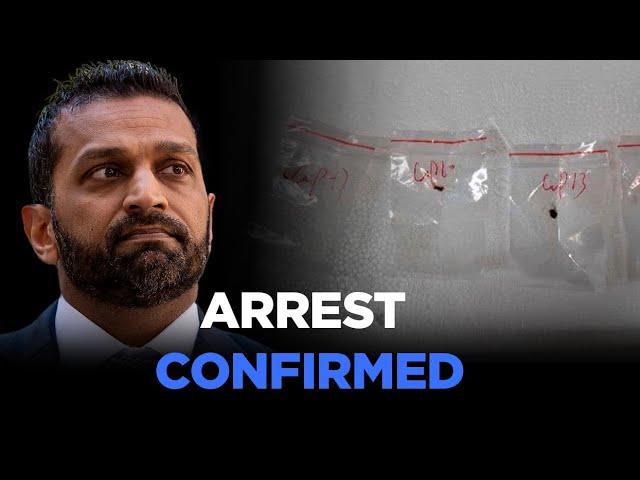This year’s gathering unfolds against the backdrop of active conflict between the governments of Israel and Iran.
CALGARY, Canada—President Donald Trump arrived in Alberta, Canada, on Sunday for the Group of 7 (G7) summit, marking his first major international leaders’ gathering since beginning his second term in January.
Over the three-day summit, Trump will engage with the leaders of the world’s seven advanced economies to tackle pressing economic challenges and escalating geopolitical crises, particularly in the Middle East given the recent escalation to direct conflict.
Air Force One touched down at Calgary International Airport at 8:36 p.m. local time. Trump stepped off the plane donning an overcoat and a white “Make America Great Again” hat.
Alberta, a conservative, oil-rich province, is an intriguing choice for the summit, given an upcoming 2026 referendum on its potential separation from Canada.
The leaders’ summit, which marks the 50th anniversary of the G7, will be held in Kananaskis, nestled in the Canadian Rockies, from June 15 to June 17.
The group comprises the United States, Canada, France, Germany, Italy, Japan, the United Kingdom, and the European Union, representing more than half of global GDP.
This year’s gathering unfolds against the backdrop of active conflict between Israel and Iran, with both countries exchanging strikes for a third consecutive day as of June 15.
The latest conflict began on June 12 after Israel launched airstrikes targeting Iran’s nuclear facilities, senior officials, military leaders, and nuclear scientists.
The strikes came after the director general of the International Atomic Energy Agency (IAEA) said on June 9 that he was seriously concerned about Iran’s “rapid accumulation of highly enriched uranium.”
Israeli Prime Minister Benjamin Netanyahu said that in recent months, Iran had taken steps to “weaponize” and that “if not stopped, Iran could produce a nuclear weapon in a very short time.”
In response to the strikes, Iran launched missiles that breached Israel’s air defenses, striking residential areas, including in the capital of Tel Aviv. Israel has threatened a strong response.
By Emel Akan







